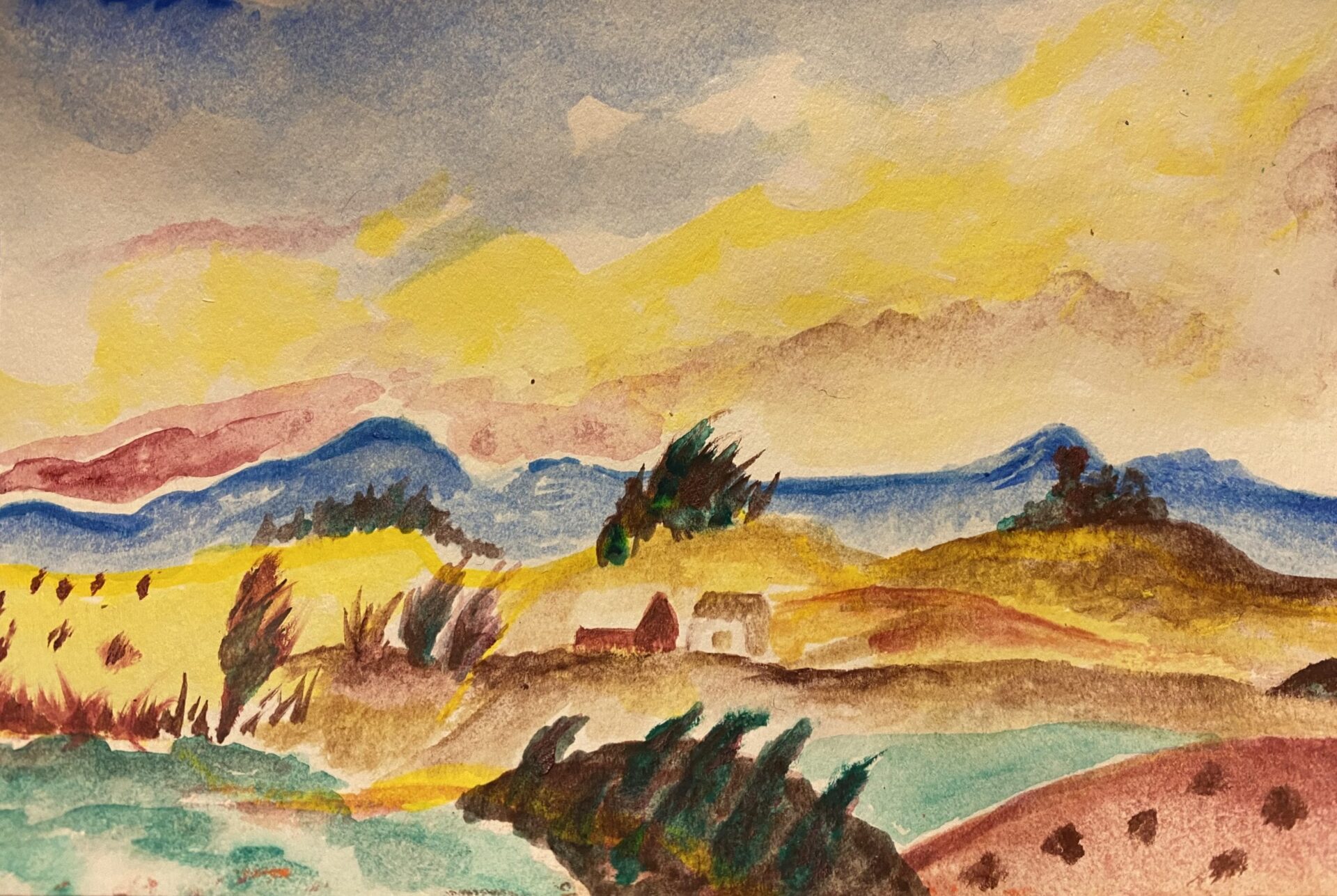By Patrick McNerthney
In case you haven’t noticed, Daylight Savings Time ended last week. Of course that means nothing to you because no human remembers what Daylight Savings Time even is, so let’s explain it in the following vernacular: last weekend was “Fall Back Time,” or “move your analog clock back an hour if you still use analog clocks…otherwise, do nothing, because Apple/Amazon/Microsoft will take care of it for you, like they do most things in your life.”
 (That’s right, it’s not too late, you can still fall back.)
(That’s right, it’s not too late, you can still fall back.)
I find the whole process fascinating. For example, this year, after three days of chaos, I found myself looking out the window last Wednesday afternoon (about 3:36 p.m. but who’s counting?) as I said to my office colleague, “Wow, the rain is horizontal and it’s totally miserable out. And add to that: it is now pitch black out there! Fascinating!”
To which he replied, “Dude! Happens every year. What’s wrong with you? And sure, it’s dark and miserable out. Welcome to Seattle.”
Thank you, kind sir! Welcome to Seattle indeed. Cheers!
But he has a point. What’s the big deal? “Falling back” is a regular event, filled with…
- certainty (it’s gonna happen on this exact date at this exact time!)
- known variables (it’s gonna be dark earlier, light earlier for a little bit too, but then basically just exclusively dark except between 8:30 a.m. — 3:15 p.m.)
- and high costs LATER (job security secondary to missing every meeting…even if it’s ‘cause we’re early) if we don’t pay a low cost NOW (spend time making sure all clocks/watches/phones are set to correct time)
Which basically means it’s worth considering how we’re going to handle the end of Daylight Savings Time IN ADVANCE, because it’s certainly going to show up every year.
So why does “falling back” still feel so awkward, screw up our schedules, generally make us grumpy, and feel like such a burden? And why does it still feel like a noteworthy event, worthy of discussion, to time nerds like me?
Because change is change, and nobody likes change! Or rather, nobody likes the adjustment required, when we encounter change
Whether it’s internal or external, gradual or sudden, the older we get, the harder it is to navigate a changing world. Think about it. When we’re 12-years-old, EVERYTHING IS NEW, and EVERYTHING (relatively) changes by the hour. So we get really good at navigating fluctuations.
But when we’re say 40…well, if something is new, it’s quite shocking, and we get uncomfortable. Mostly because we’ve spent several decades trying to develop patterns of sameness that we can rely on (theoretically) to make progress. Which is ironic – because whether internal or external, gradual or sudden, the world changes every second. So the choice is simple Dude: embrace change instead of fearing change, and become skilled at navigating it.
That’s where Fine Art Miracles can help. FAM knows you’ve developed regular patterns of caring for your residents and loved ones, and it’s hard to break those patterns. Yet, you know something’s not quite right: you struggle to help the elderly, children with challenges, or anyone needing help with life’s seemingly routine tasks with their self-worth, confidence, joy, and belief they matter.
Creative expression is the key. FAM’s programs — Art Therapy, Music Therapy, Drama Therapy, Drumming & Exercise Therapy, Multi-Sensory Sessions (and so much more), rebuild connection with the parts of the mind best suited to fight the anxiety and depression your residents and loved ones struggle with every day thanks to social isolation.
That means you can make one small change today (by contacting FAM, they’re happy to help!) and create everlasting change for others tomorrow.
Plus it’s as easy as “falling back,” ya know? All you have to do is begin—it’s a simple adjustment.
Well it’s weird in these parts, lately. After “falling back” we only had a few days of gloomy rain, then the weather became (shockingly) sunny. But hey, this is Seattle, and I’m not ready for anything but grey dampness—to the point where I’ve already put on my (annual) ten pounds of hibernation weight. What the heck am I supposed to do now; go on a diet?
Actually, when I think about it, I bet my wife would say, that’s probably the best change I could make. Ha!


